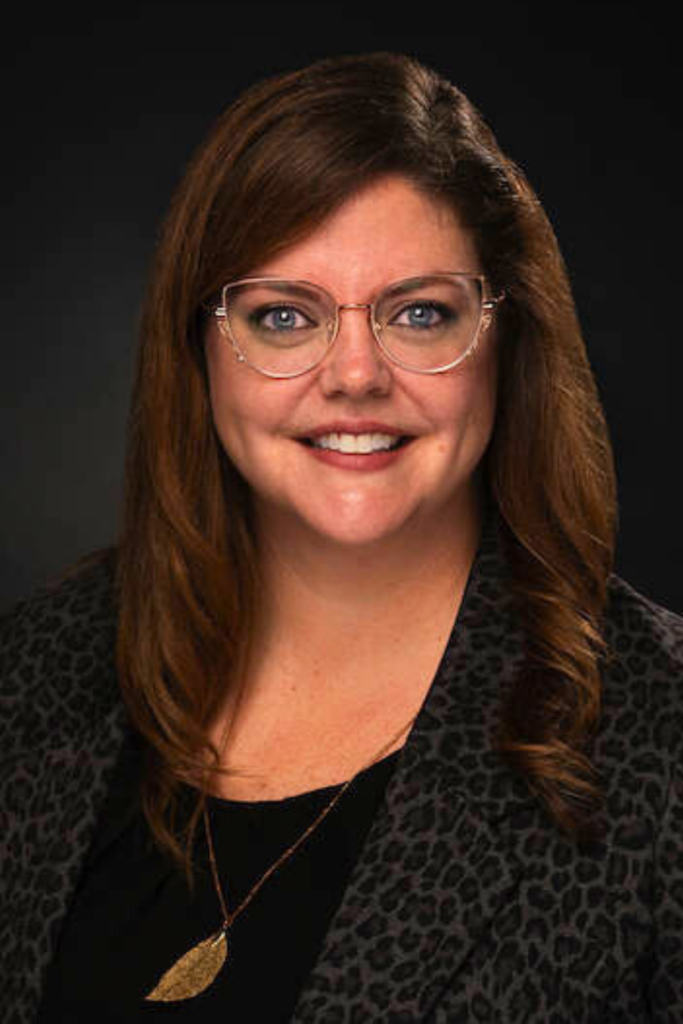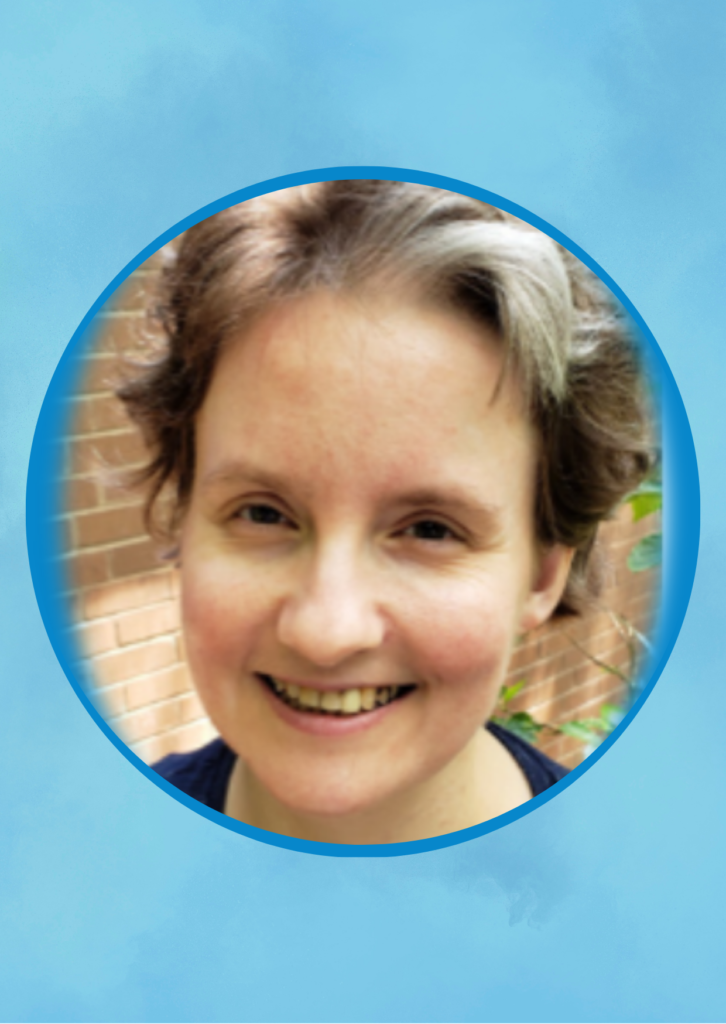Your cart is currently empty!
Let’s Celebrate Disability Pride Month: Interview with Amy Smith and Dr. Cleveland
July is Disability Pride Month, commemorating the signing of the Americans with Disability Act on July 26, 1990. This act marks significant legislation for individuals with disabilities, as it ensures their rights to accessibility, equality, and inclusion in various aspects of public life, such as employment, transportation, and public accommodations. This Disability Pride Month, we want to celebrate the progress made towards inclusivity, advocate for continued advancements in disability rights, and foster a greater understanding and appreciation within the broader community. FASD United also wants to highlight the diverse experiences and contributions of individuals with disabilities.
Disability Pride Month provides a special opportunity to shine a spotlight on FASD. FASD is often underdiagnosed and misunderstood, which can lead to insufficient support and services for individuals with FASD. FASD is a whole body diagnosis, prevalent in 1 in 20 U.S. school-aged children. Self-advocacy is especially important for individuals with FASD, as it empowers them to communicate their needs and the support they desire. People with FASD can experience lifelong challenges, including difficulties with learning, behavior, and daily functioning. These challenges can evolve and persist throughout the different phases of their lives, affecting their education, employment opportunities, relationships, and more. Therefore, it is crucial to provide continuous support and resources from childhood through adulthood to help individuals with FASD navigate these challenges and achieve their full potential.
Two of our team members, Casidee Gonzales and Liv Gargiulo, spoke with the remarkable Dr. Cleveland, who holds multiple roles: Associate Director of Partners for Inclusive Communities, Training Director for the Arkansas Leadership Education in Neurodevelopmental Disabilities program, and Executive Director of the Specialty Diagnostic Resource Center. Dr. Cleveland shared that her journey with FASD began during her PhD program. After a mentor’s lecture on FASD, she realized she had a personal connection to the condition that she hadn’t previously recognized. She said, “From then on, I dove headfirst into learning everything I could. I even conducted my dissertation on FASD. Now, I direct an FASD diagnostic clinic and provide resources for individuals with FASD across Arkansas and the entire country.”

Dr. Cleveland
When interviewing Dr. Cleveland, we asked her how she defines disability pride, and what does it mean to her in the context of living with FASD. She told us that Disability Pride, to her, is not just disability acceptance. She believes that disability pride is the complete inclusion of people with disabilities in all aspects of life. She added how we shouldn’t just give disabled people a seat at the table. Instead, we need to let them sit at the head of the table and lead the conversation. She stated, “Disability pride should be for every person with a disability, regardless of the label itself. And that means inclusion of EVERY disability in every situation.”
Casidee and Liv delved deeper into Dr. Cleveland’s efforts to advance disability rights and inclusion. She shared details about an exciting project she’s spearheading in Arkansas, which is all about fostering inclusion and understanding for individuals with disabilities like FASD. The initiative not only seeks to prevent crises born from misconceptions and lack of awareness but also aims to create a supportive network. By bringing together educators, practitioners, community members, and families, the project ensures that children at risk of losing their educational or home placements due to misunderstood symptoms receive the support and inclusion they deserve. Funded by the Arkansas Department of Human Services, this project is a beacon of hope for enhancing the lives of those with FASD.
Dr. Cleveland also shared with Casidee and Liv an instance where she turned a challenge related to FASD into an opportunity for growth and success. She shared that symptoms of FASD, like impulsivity, emotional dysregulation, and hyperactivity are often described as “challenging behaviors.” Parents will occasionally come to the diagnostic clinic she works at with concern about their child’s’ ‘challenging behaviors” and ask how to “fix” them. It is very easy for professionals to be quick to judge parents by saying things like, “well if they’d only do (x, y, and z) this child wouldn’t be dysregulated or show these symptoms,” or “don’t they know that they shouldn’t want to “fix” their child?” She beautifully states, “But the truth is that we don’t know what we don’t know- parents, educators, clinicians, patients… We’re all human. And being human means that we are all products of our environment. If parents weren’t offered a chance to learn the difference between a “challenging behavior” and a “symptom of dysregulation,” then perhaps this is the perfect opportunity for them to learn and grow”. She hopes that readers will take her experience as a chance to better serve families and individuals with FASD.
Dr. Cleveland also recounted a powerful moment with Casidee and Liv, where she transformed a challenge related to FASD into a chance for growth and success. She explained that symptoms of FASD—like impulsivity, emotional dysregulation, and hyperactivity—are often labeled as “challenging behaviors.” Parents sometimes visit her diagnostic clinic, worried about their child’s “challenging behaviors” and seeking ways to “fix” them. It’s easy for professionals to jump to judgments, suggesting things like, “Well, if they’d only do (x, y, and z) this child wouldn’t be dysregulated or show these symptoms,” or “Don’t they know that they shouldn’t want to ‘fix’ their child?” Dr. Cleveland beautifully states, “But the truth is that we don’t know what we don’t know—parents, educators, clinicians, patients… We’re all human. And being human means that we are all products of our environment. If parents weren’t offered a chance to learn the difference between a ‘challenging behavior’ and a ‘symptom of dysregulation,’ then perhaps this is the perfect opportunity for them to learn and grow.” She hopes her experience will inspire readers to better support families and individuals with FASD.
When asked about the crucial changes needed to enhance accessibility and inclusion for people with FASD, Dr. Cleveland stated that FASD will continue to come across barriers to accessibility and inclusion unless society understands the symptoms of FASD and provides support where they are needed. Unfortunately, the level of severity of symptoms is so often based on how accessible the environment is. By improving our environments and adjusting our expectations to meet people with FASD where they ARE, accessibility and inclusion will naturally follow.
Looking ahead to the future of disability rights and inclusion, particularly for individuals with FASD, Dr. Cleveland reported that she believes people become more and more understanding and accepting every day. She discusses how we have more requests for training and technical assistance in our clinic than we ever have before, which gives her a lot of hope. Additionally, she feels the FASD community is one of the best groups to collaborate with. Her students are phenomenal advocates and future leaders, and she is so excited to watch the progress and evolution of disability rights unfold.Dr. Cleveland expressed her excitement about witnessing the evolution of disability rights and hopes that everyone, like her students and colleagues, continues to pursue learning and growth. For Disability Pride Month, Dr. Cleveland offers two pieces of advice: First, she encourages people to be kind, as kindness is the first step towards understanding, acceptance, and change. Second, she urges patience—with oneself and with others—reminding us that “we don’t know what we don’t know.” Let today be the day you embrace learning something new!
Moving onto the second amazing individual Casidee and Liv interviewed, Amy Smith. Amy is a self advocate residing in Arkansas. Originally from the Dallas area, Amy states that she was raised as a normal child. The only main issues she was aware of growing up were that she had poor vision and anxiety, which made certain aspects of her life more difficult.

Amy Smith
Amy discussed how her journey with FAS didn’t begin until 2020, when, on a whim, she got tested and diagnosed by the SDRC after her cousin noticed symptoms. Since then, she states that life has been amazing beyond her wildest dreams, but at the same time, horribly upsetting. When asked what accommodations or support systems have been most beneficial for her in academic or professional settings, she talked about how before her diagnosis, while she was still in school, she really didn’t have any. She was told she had a CCTV in the class in elementary school, and was given large print material for awhile, but that was the extent of it. In college, a friend helped her get involved with DARS (Department of Assistive and Rehab Services), but that was all. However, since being diagnosed, Amy said that important figures in her life such as David Deere and Dr. Cleveland have shown incredible patience and understanding with her anxiety and communication problems. She also mentioned how The None for Nine board has been understanding of my vision as well, offering rides when needed.
When asked what are the most important changes needed in society to improve accessibility and inclusion for people with FASD, Amy highlighted the importance of destigmatization. She said, “Stop focusing on stigma but instead focus on what the child needs. See FAS from their point of view. They are confused, trying to understand the world around them, and possibly in pain, and may have trouble communicating any or all of this.” Amy believes that it is essential to educate teachers, doctors, and other professionals on FASD so they know how to work with and communicate with individuals to access the support they desire.
Casidee and Liv also got to ask Amy what her dreams are for the disability rights and inclusion involving individuals with FASD. She discussed how she hopes that the Respect Act gets passed so that people will gain a genuine interest in the serious effects alcohol can have. She also wants plain language to become the norm and expects reliable transportation to be provided for individuals with FASD. Amy emphasizes the importance of these measures in creating a more inclusive and supportive environment for individuals with FASD, which can improve their quality of life significantly.
She also envisions a future where counseling is available to everyone, regardless of age or financial means, ensuring access to necessary support. Additionally, Amy advocates for early childhood testing for FASD to prevent individuals from falling through the cracks.
To conclude the interview, Amy shared a heartfelt message to those celebrating Disability Pride Month, “I know well how very hard daily life can be at times, but there are people around that do genuinely care that can help, whether it be self advocates for professionals. You are important, and finding people that understand your particular situation can make a huge difference. And ask for things explained in plain language when needed.”
